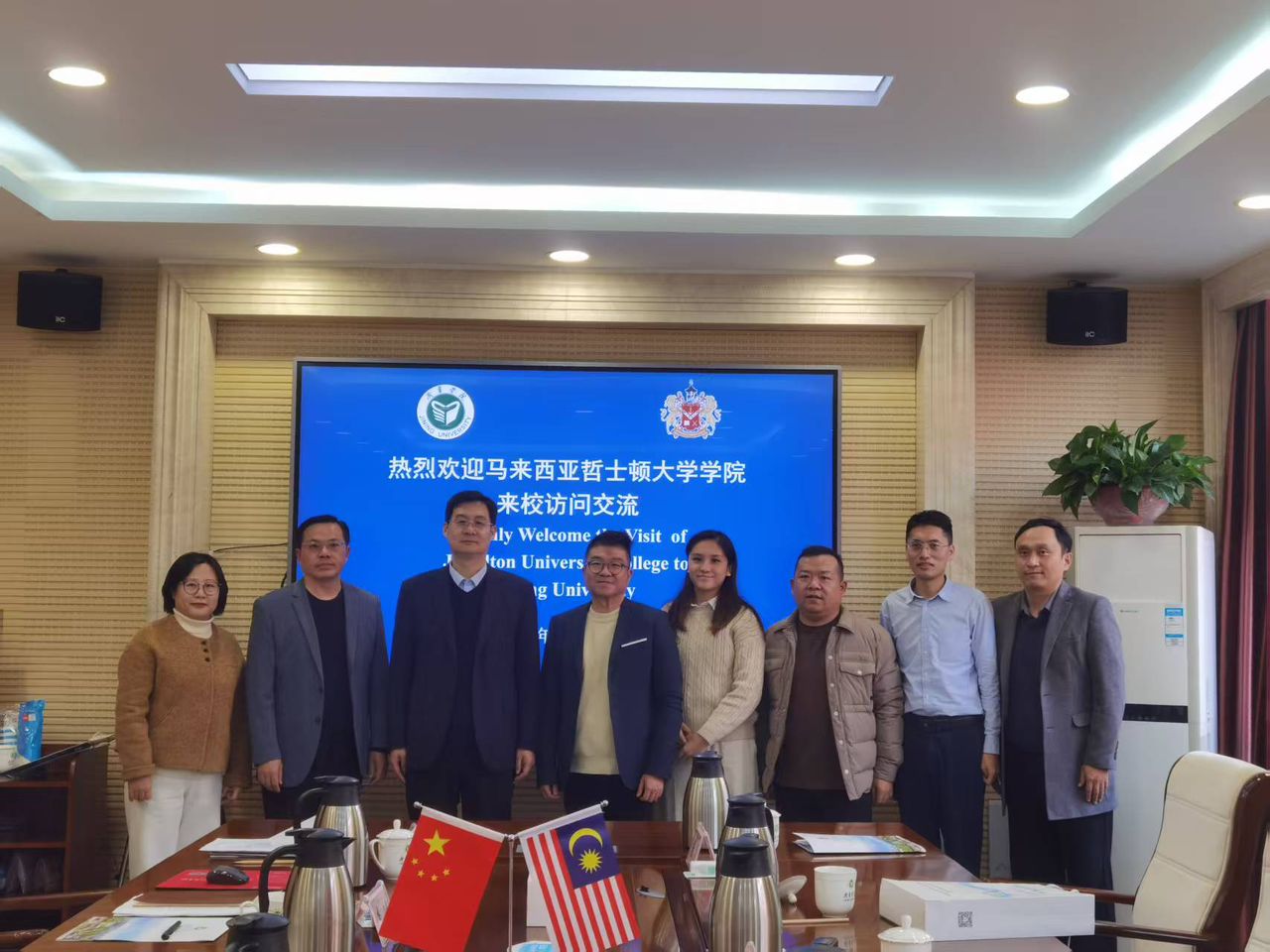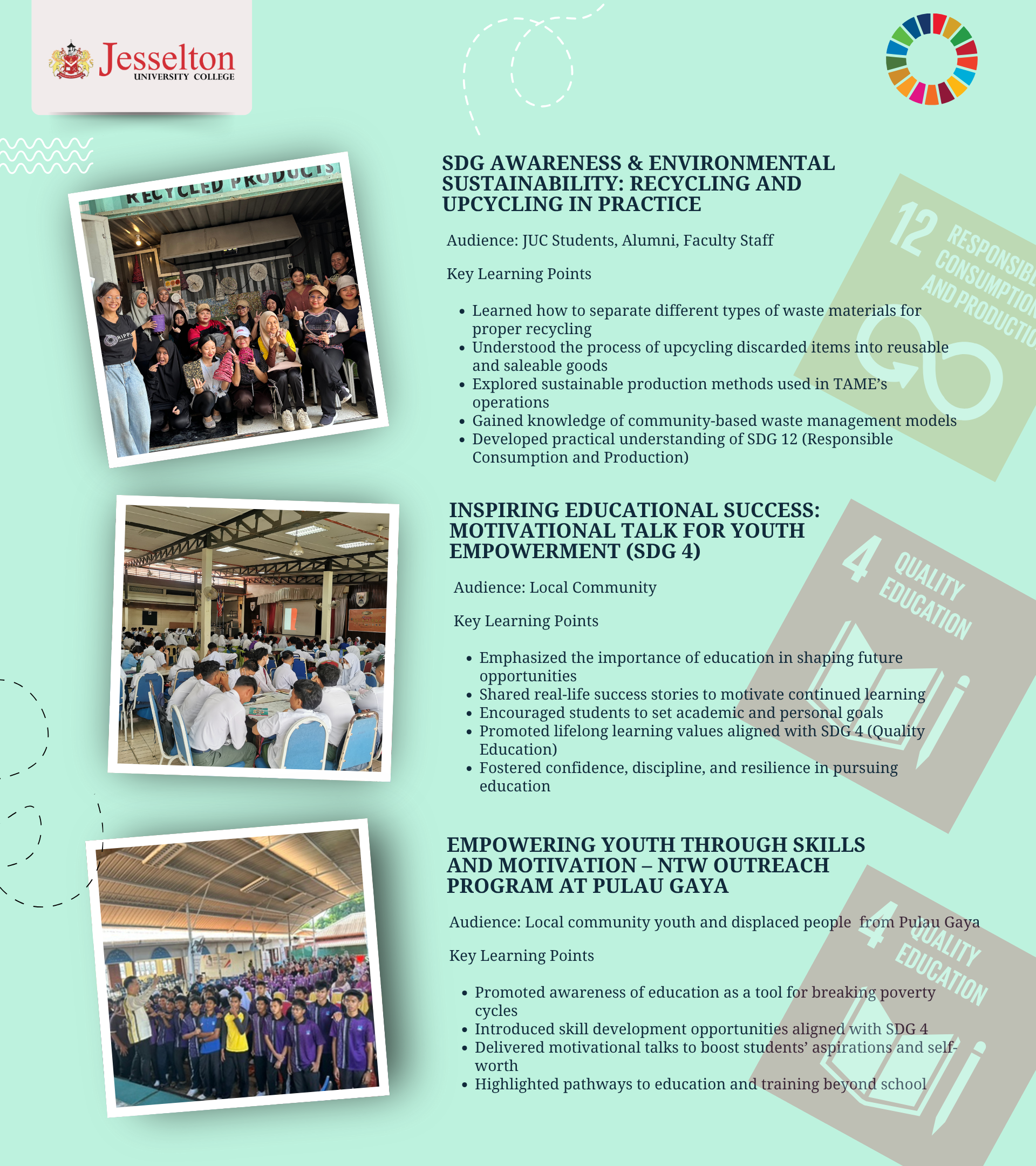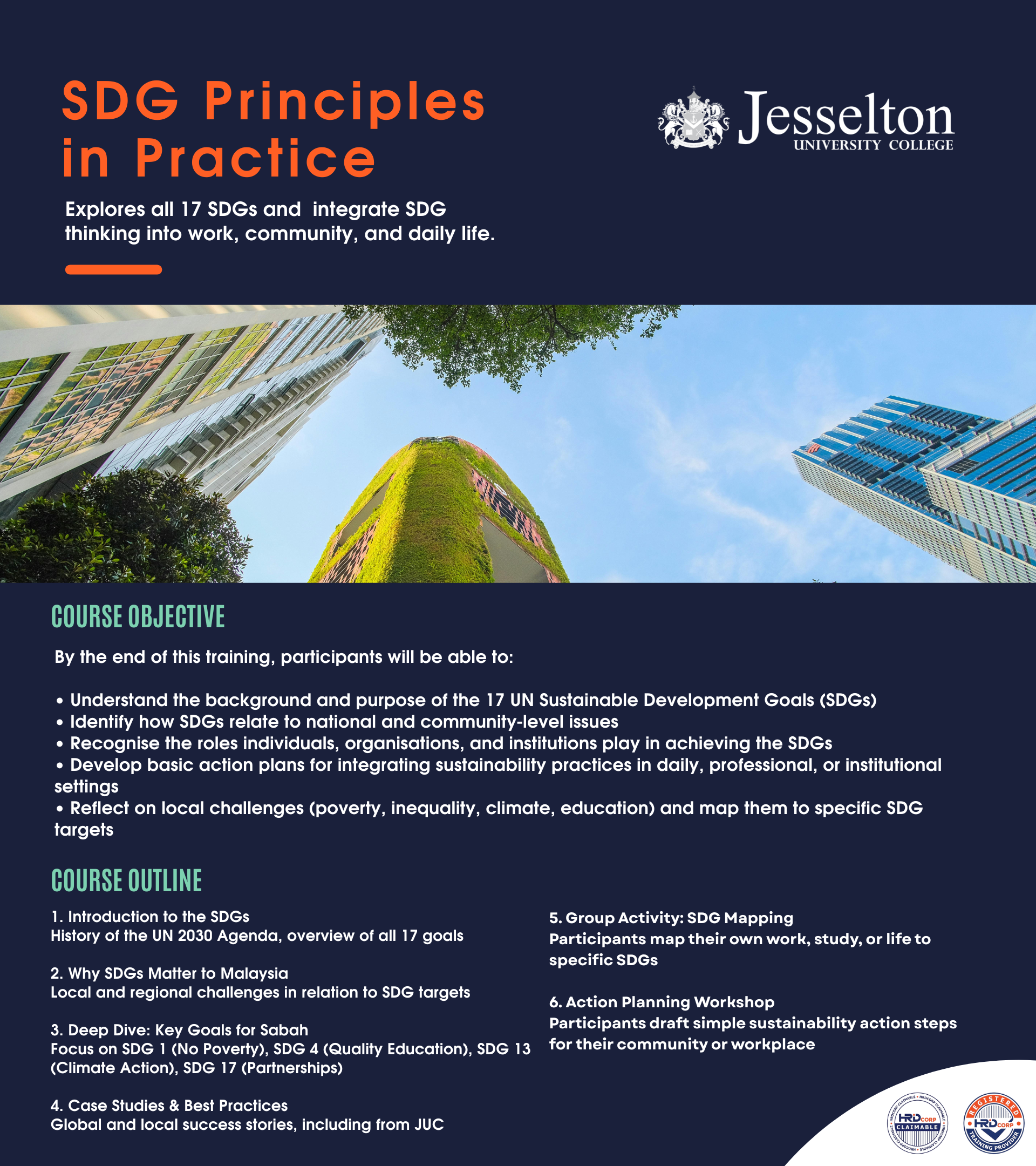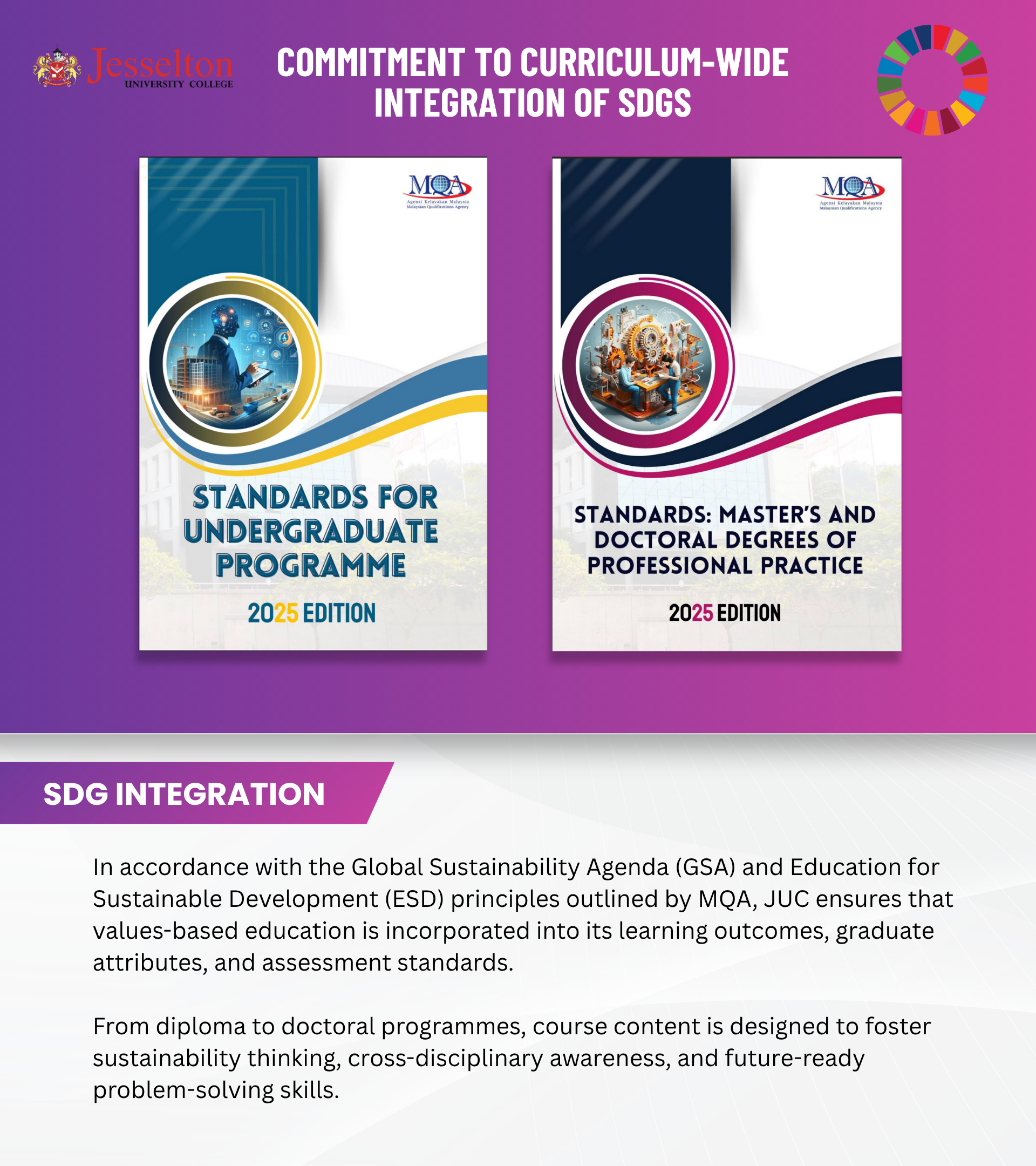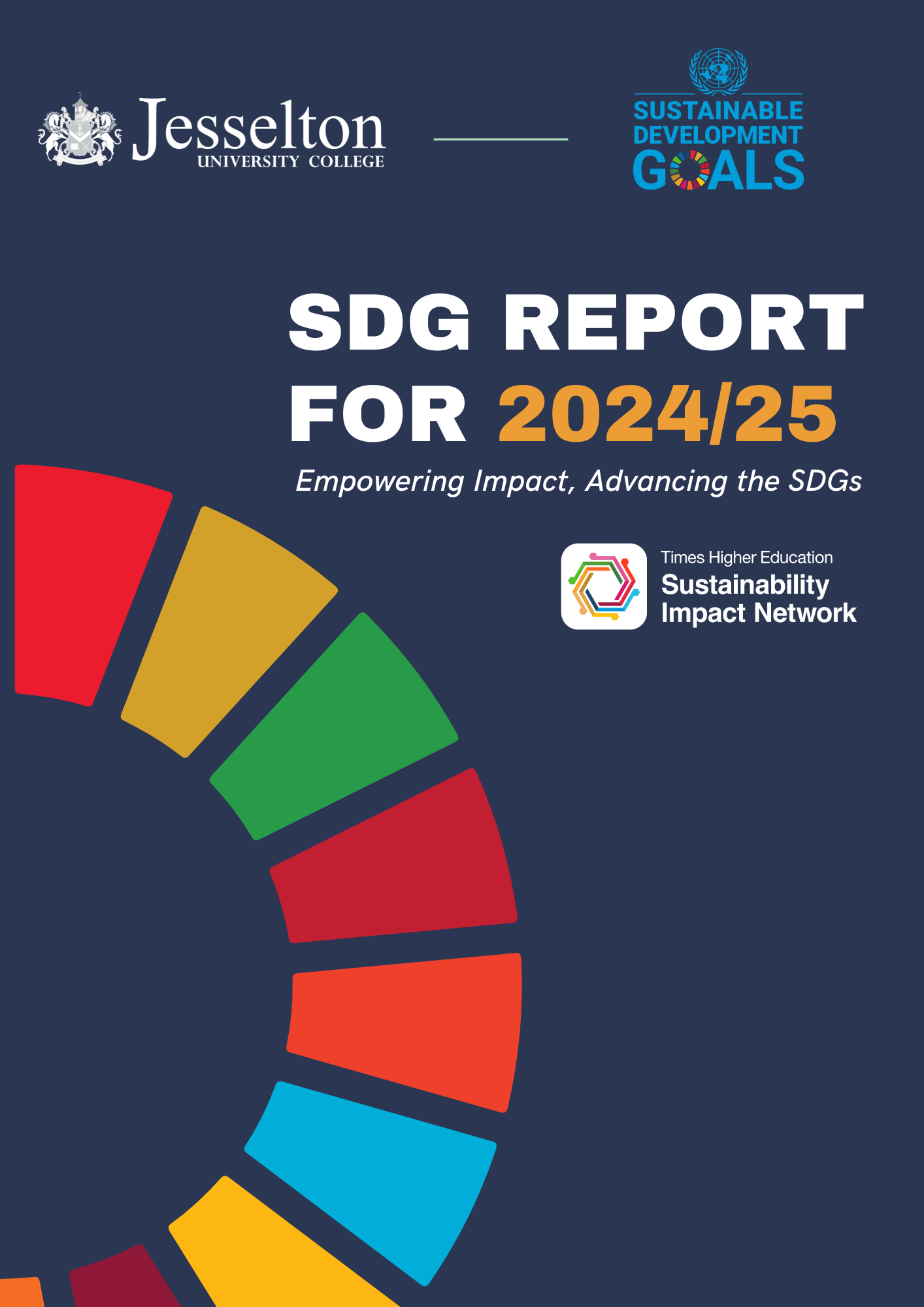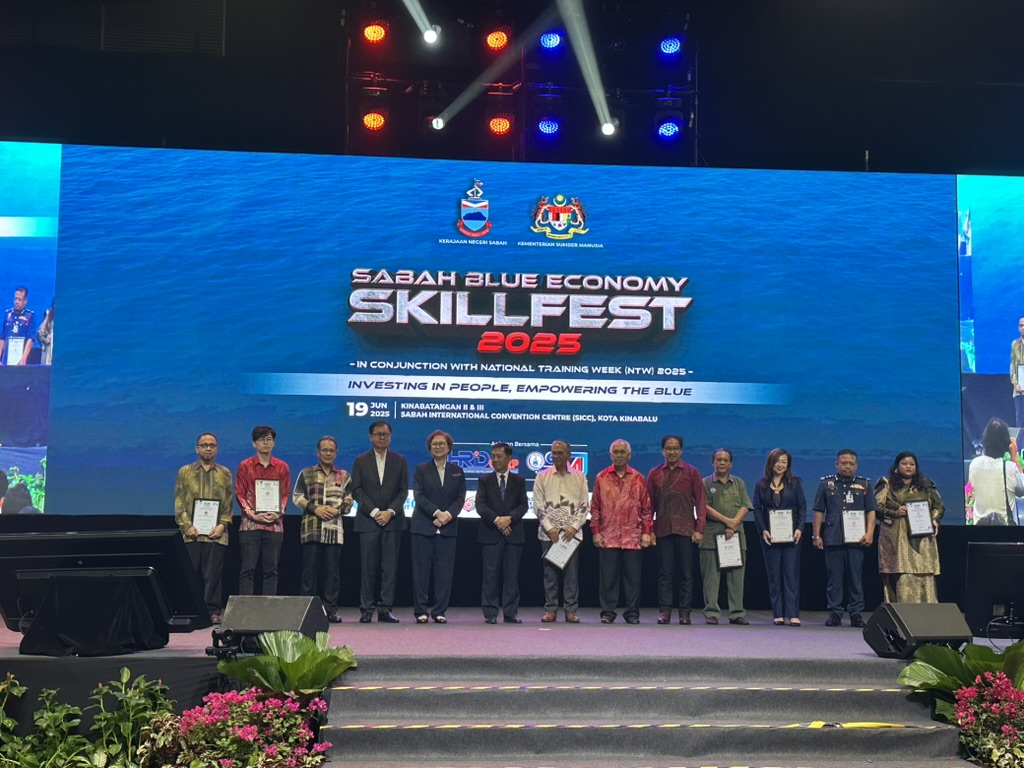
Jesselton University College (JUC) affirms its full commitment to integrating Sustainable Development Goals (SDGs) across all academic curricula in alignment with the Malaysian Qualifications Framework (MQF) and the Malaysian Qualifications Agency (MQA) standards. The university embeds SDG concepts within its teaching and learning practices at all levels of study, ensuring that students gain knowledge, values, and competencies essential for addressing global challenges such as climate change, poverty, and inequality.
In accordance with the Global Sustainability Agenda (GSA) and Education for Sustainable Development (ESD) principles outlined by MQA, JUC ensures that values-based education is incorporated into its learning outcomes, graduate attributes, and assessment standards. From diploma to doctoral programmes, course content is designed to foster sustainability thinking, cross-disciplinary awareness, and future-ready problem-solving skills.
Curriculum Alignment with SDG-Related Learning Outcomes (LOs)
JUC’s academic programmes are carefully designed to embed sustainability themes into the learning outcomes, ensuring they are both measurable and relevant. These outcomes are mapped across MQF levels and include the following:
- Diploma Level (MQF Level 4) – Students are expected to explain the relationships between foundational concepts in their field and global challenges, highlighting broader implications in diverse cultural and professional contexts. This outcome builds early awareness of sustainability, ethics, and global citizenship across disciplines.
- Bachelor’s Degree Level (MQF Level 6) – Learning outcomes focus on applying subject-specific knowledge within complex systems, identifying interconnections between sectors and anticipating emerging global trends to drive innovation and responsible decision-making. This encourages alignment with SDG principles such as environmental stewardship, social equity, and economic inclusion.
- Postgraduate Certificate and Diploma (MQF Level 7) – Students are trained to analyse advanced knowledge and global systems thinking to design sustainable solutions and practices that address evolving industry and societal needs. This includes integration of sustainability principles in management, technology, business, education, health, and other professional sectors.
- Master’s and Doctoral Levels (MQF Level 7 & 8) – Learners are equipped to conduct research and propose evidence-based innovations that contribute to the achievement of the SDGs. Theses, dissertations, and capstone projects are encouraged to focus on areas such as gender equality, climate action, quality education, sustainable industry, health and well-being, and ethical leadership.

